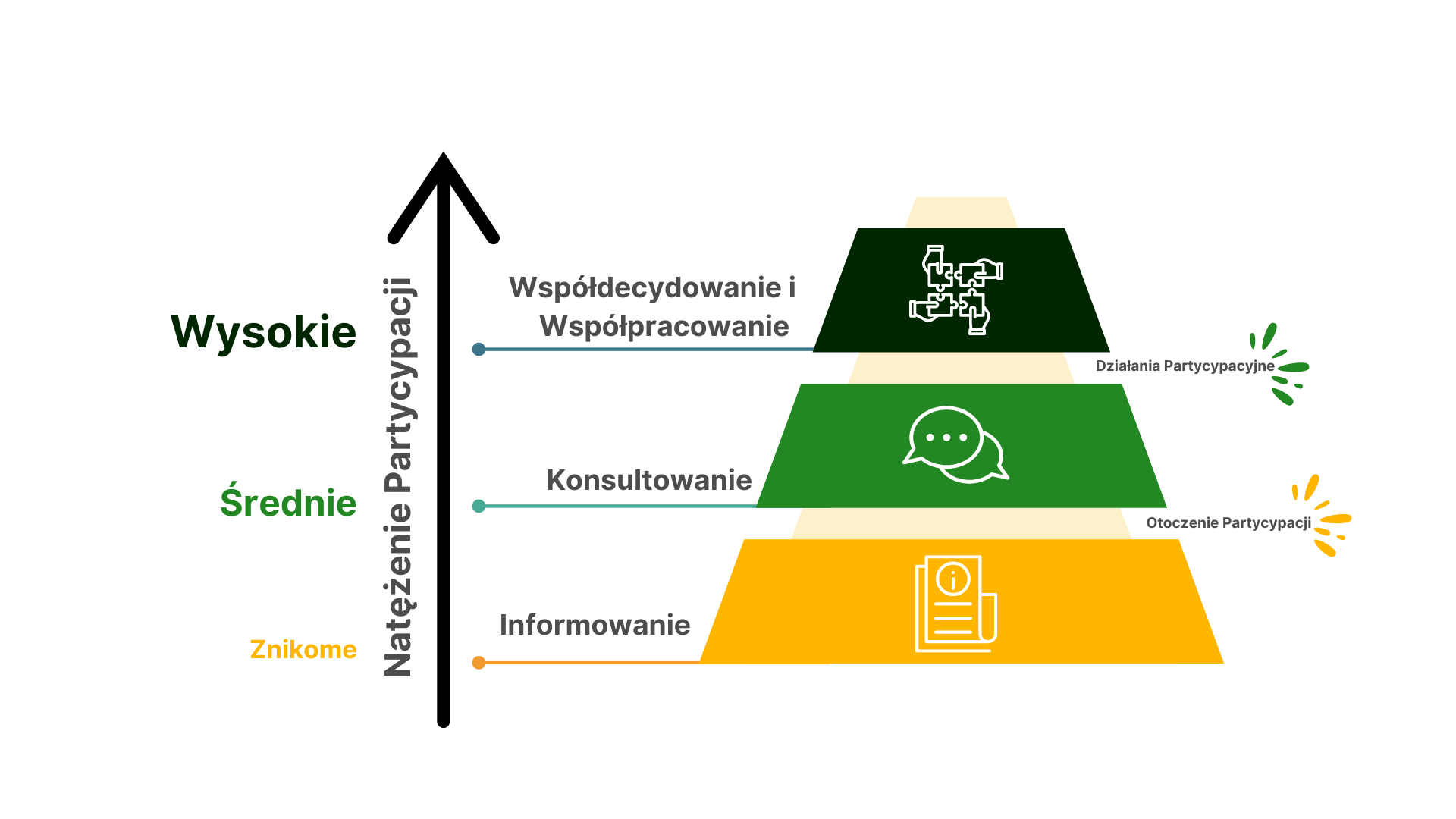About social dialogue and participation
What is social dialogue and participation?
SOCIAL DIALOGUE is a conversation or cooperation between different groups of people in society, such as employers, employees, trade unions, local government, government, and residents. The aim of this dialogue is to jointly solve problems and make decisions that affect all interested groups. Thanks to social dialogue, it is possible to better understand the needs and opinions of different people and find solutions that will benefit all parties. It is such a communication that helps to build better relationships and common rules in society.
PARTICIPATION is another word for participation or involvement in a process or action. It is about different people, groups or institutions taking part in decision-making, planning or implementing various activities. For example, when city authorities want to change something in public space, they can ask residents for their opinion and jointly decide how to do it. In such a case, we speak of social participation, which means that citizens have an influence on what happens around them. Our participation in decision-making is extremely important because it gives everyone the opportunity to express their opinion and influence matters that concern them. When people participate in decisions, they feel more involved and responsible for the results. This helps to create a more just and well-functioning society in which the needs and opinions of different people are taken into account. Thanks to participation, decisions are better suited to the real needs of the community, and people feel that their voice matters. Through the implementation of joint activities, participation also stimulates and integrates local communities.
The way in which different groups of people can be involved in decision-making and actions in various projects or matters is presented by the ladder of participation, where each step means a different level of involvement. The three main steps of this ladder are:
INFORMATING - People are informed about decisions or actions that have already been taken. They have no influence on the decision-making process, but they find out what is happening.
CONSULTATION - Seeking opinions. People who participate in consultations act as "advisors" who are asked for their opinion on a specific matter. Their voices are considered, but there is no guarantee that they will be taken into account, as it is the decision-makers who make the final decision.
CO-DECISION-MAKING - Transferring to people part of the competence (but also the responsibility) regarding the actions and decisions taken. This means that the people involved have a real influence on decision-making, sharing responsibility with others, e.g. with representatives of authorities or organizations. In practice, this means that decisions are made jointly, and not only by one party. For example, if a new project is planned in a local community, residents can not only express their opinions, but also have an influence on what decisions will be made and how the project will be implemented. Co-decision-making gives the opportunity to really shape the actions that concern them. An example of co-decision-making is the citizens' budget, which allows residents to decide which actions and investments will be implemented in the city - we can submit an idea or only vote on other people's ideas. Decisions made by residents are implemented by the authorities.

In participation, various people or groups participate who take part in decision-making or management. These may be, for example, residents, employees, members of organizations, representatives of authorities, but also experts specializing in a given field to which the participation process relates.
.png)
Share